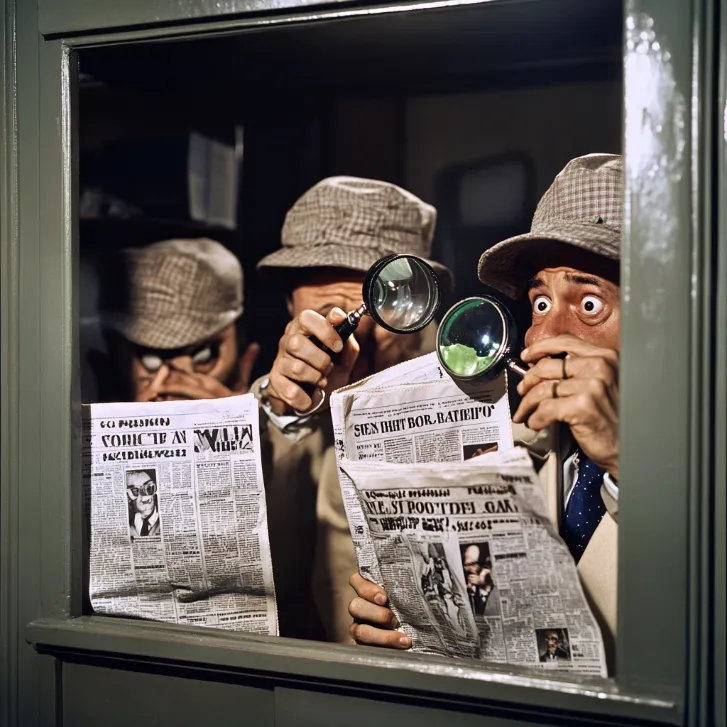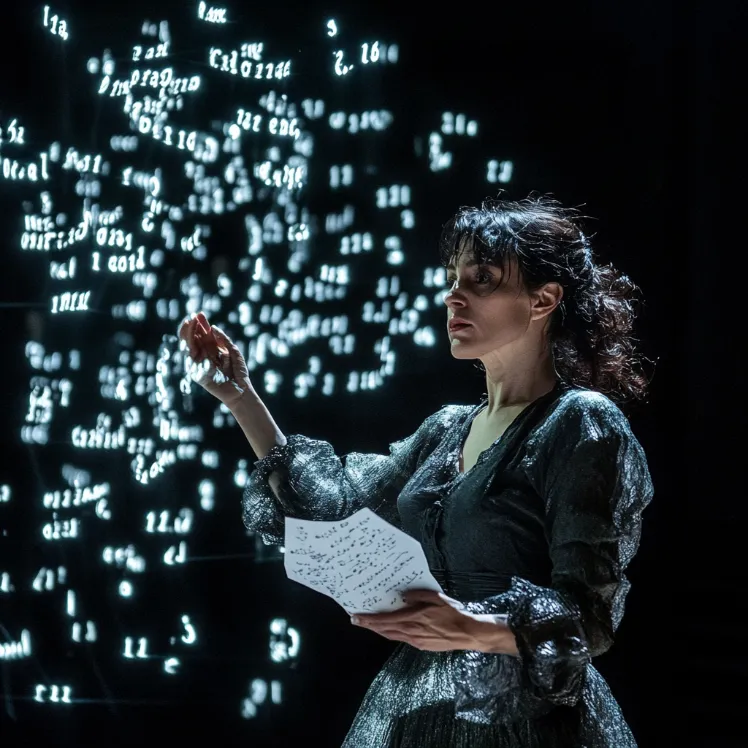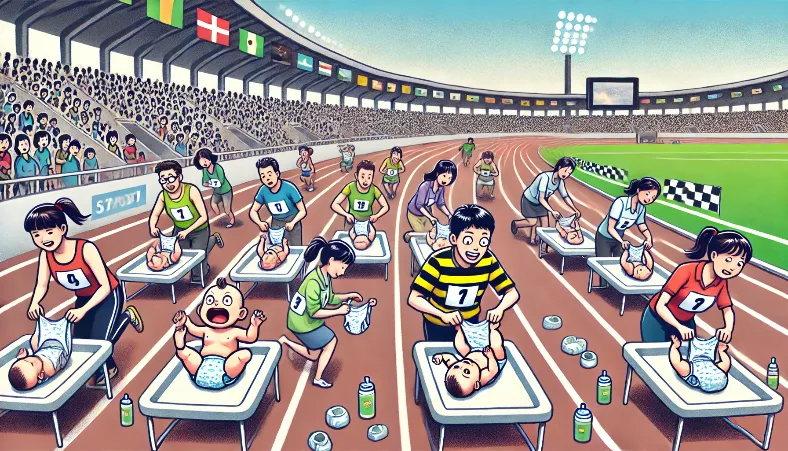CRISPR Headlines: The Cut-and-Paste Future of Literature Nobody Asked For

CRISPR Headlines: The Cut-and-Paste Future of Literature Nobody Asked For
In a twist that has left the scientific community both baffled and mildly amused, Dr. Emmanuelle Charpentier, co-developer of the CRISPR gene-editing technique, has accidentally won the Nobel Prize in Literature. The unprecedented honor comes after a late-night experiment gone awry, where Charpentier mistakenly applied CRISPR technology to newspaper headlines instead of DNA sequences, proving that CRISPR headlines revolutionize literature in ways no one expected.
From Gene Editing to Sentence Splicing: A Nobel Journey
“I was just trying to fix a typo in the New York Times,” a bewildered Charpentier explained, clutching her Nobel medal and a newspaper that now reads “Scientists Discover New Species of Comma That Can Survive in Run-On Sentences.” “Next thing I know, I’ve created a new form of literature that’s being hailed as ‘the most significant breakthrough in writing since the invention of the semicolon’s evil twin, the winky face.'”
The CRISPR-edited headlines, now dubbed “CRISPRature,” have taken the literary world by storm. Examples include “War and Peace Negotiations Break Out at Local Deli, Tolstoy Rolls in Grave Fast Enough to Power Small City,” and “To Kill a Mockingbird Watching Competition Ends in Tragedy, Atticus Finch Defends Overzealous Birdwatcher.”

“To CRISPR, or Not to CRISPR: That Is the Question Mark”
Literary critics are scrambling to make sense of this new genre. “It’s like James Joyce and a malfunctioning autocorrect had a love child,” gushed one reviewer. “Charpentier has done for sentences what Jackson Pollock did for paint – made it acceptable to throw things at a wall and call it art.”
Literary World in Chaos as Punctuation Gains Sentience
Reports suggest that CRISPR headlines revolutionize literature so thoroughly that punctuation marks have gained sentience and formed their own union. The newly conscious em dashes are reportedly demanding better working conditions and more meaningful roles in sentences, while exclamation points are staging loud protests.
Edward Übermensch, Content Editor at PISR, shared his thoughts: “As a proud German, I take editing seriously. But this CRISPR editing? It’s like giving a toddler a chainsaw and telling them to prune a bonsai tree! It’s linguistic anarchy! I’d rather punch myself in the frankfurter than deal with this chaos. But who knows? Maybe CRISPR-editing our blogs would finally give me an excuse for all the typos my boss insists I deserve as punishment for my country’s sins.”
As we go to press, Charpentier was last seen attempting to CRISPR-edit the Nobel Prize acceptance speech, accidentally creating a new form of interpretive dance that involves aggressive typing and occasional DNA strand impersonations.







Responses